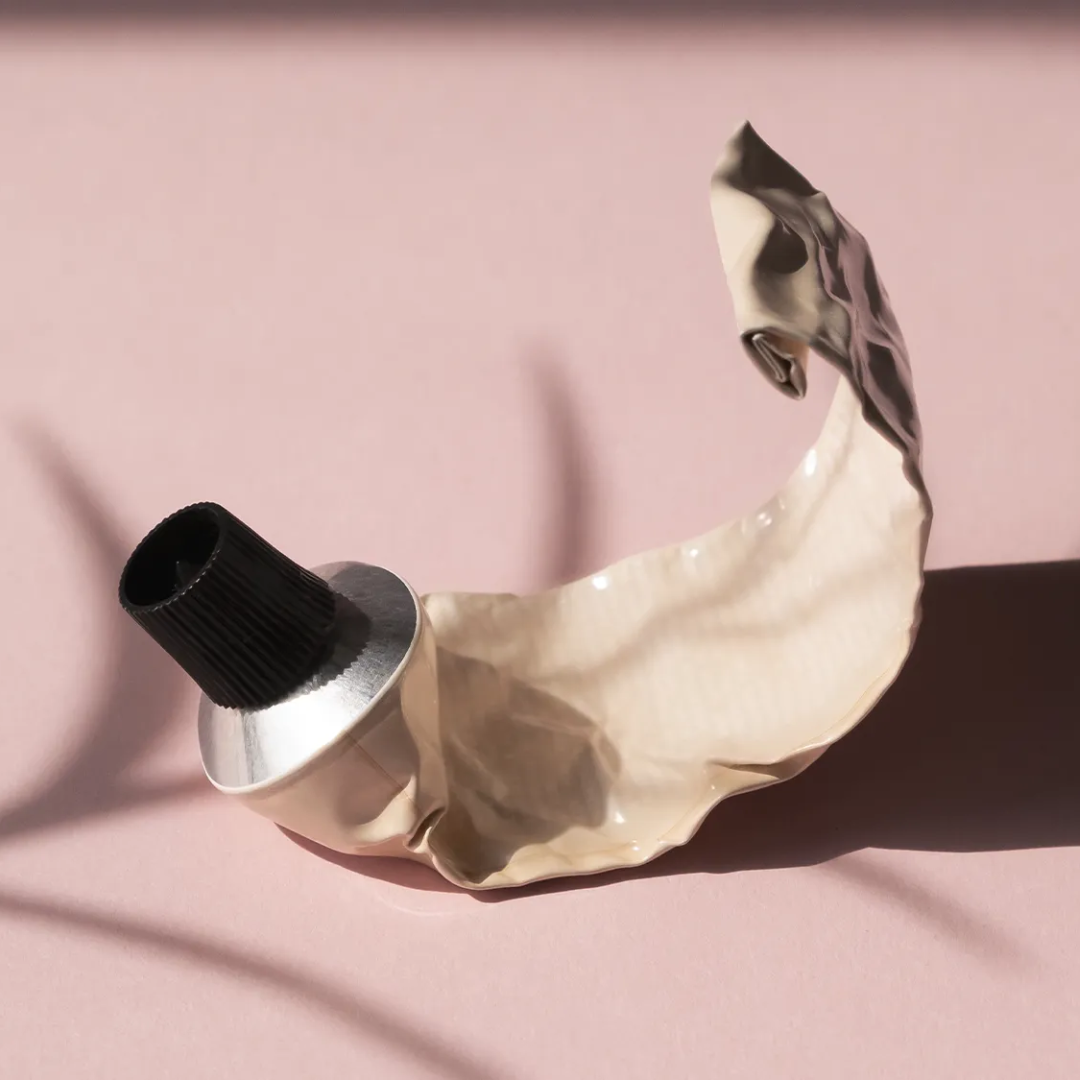In recent years, the skincare industry has been undergoing a notable transformation towards sustainability, and one material is taking the spotlight – aluminium. As we become increasingly aware of the environmental impact of packaging, the shift towards more eco-friendly alternatives is becoming crucial. In this blog post, we'll delve into the world of aluminium packaging in the skincare industry, exploring its benefits, challenges, and the positive impact it can have on both our skin and the planet.
Environmental Advantages:
Aluminium is a highly sustainable material, known for its recyclability. Unlike plastic, which often ends up in landfills or oceans, aluminium can be recycled infinitely without losing its quality. Choosing aluminium packaging in skincare contributes to reducing the environmental burden associated with packaging waste.
Recyclability and Circular Economy:
The recyclability of aluminium promotes a circular economy, where materials are continuously reused, minimising the need for virgin resources. By opting for skincare products in aluminium packaging, consumers actively participate in closing the recycling loop and supporting a more sustainable approach to packaging production.
Preserving Product Integrity:
Aluminium is an excellent barrier against light, air, and moisture, providing optimal protection for skincare products. This helps maintain the effectiveness of formulations, ensuring that consumers receive products with the same quality as when they were produced. The longevity of products in aluminium packaging can also reduce product waste.
Lightweight and Convenient:
Aluminium is a lightweight material, making it convenient for both manufacturers and consumers. It reduces transportation costs and energy, contributing to overall efficiency in the supply chain. The ease of handling aluminium packaging enhances its appeal for skincare brands seeking practical and sustainable solutions.
Innovation in Design:
The versatility of aluminium allows for innovative packaging designs. Brands can experiment with shapes, sizes, and closures, enhancing the overall aesthetic appeal of their products. Creative and eye-catching aluminium packaging not only stands out on the shelves but also communicates a commitment to sustainability.
Challenges and Considerations:
While aluminium offers numerous advantages, it's important to acknowledge the challenges. Aluminium tubes, widely used in skincare packaging, exhibit a softness relative to other materials, rendering them more prone to denting. This softness stems from aluminium's malleability, allowing for easy shaping during manufacturing and ensuring a lightweight end product. However, these thin walls are a deliberate design choice in skincare tubes to enhance flexibility and reduce weight, but this design also means there's less material to absorb and distribute external forces, increasing the likelihood of dents. Throughout the supply chain, aluminium tubes face various stresses during transportation and handling, making them susceptible to dents from accidental drops, stacking, or pressure from other items. Even in the hands of consumers, squeezing the tube or accidentally dropping it can result in dents due to aluminium's inherent softness!
As sustainability takes centre stage in the skincare industry, the adoption of aluminium packaging emerges as a promising solution. Its recyclability, light-weight nature, and preservation of product integrity make it an attractive choice for both brands and consumers. By choosing skincare products packaged in aluminium, we contribute to a greener, more sustainable future, where beauty is not only skin deep but also environmentally conscious.

